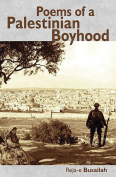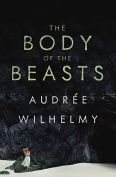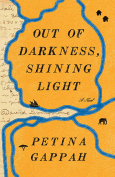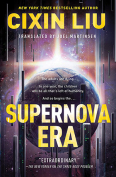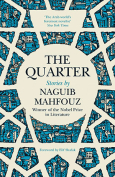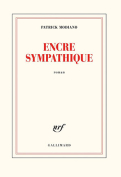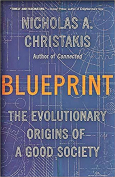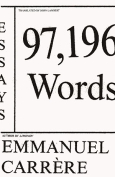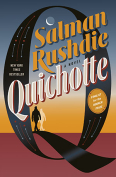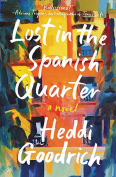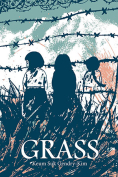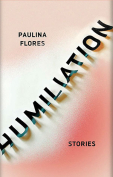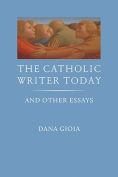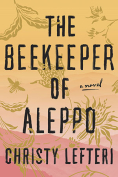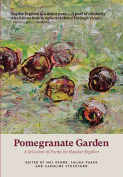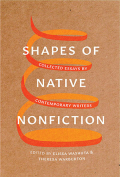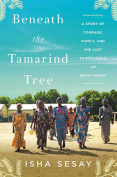100 Years by Nathan Brown
 Norman, Oklahoma. Mezcalita Press. 2019. 142 pages.
Norman, Oklahoma. Mezcalita Press. 2019. 142 pages.
In this, his twentieth volume of poetry, Nathan Brown has done something unusual: one hundred poems, one for each of one hundred years; one hundred people, one for each year.
Readers will certainly turn to their age or a year they remember. Does anything correspond? Do they know people like this? What is familiar? What is missing? Read a decade of poems and people: is there change, a process through different lives?
Such are the appeals of Brown’s new collection of poetry. In spite of the framework, it is still a collection, since he resists threading a storyline with recurring characters at different ages or, like Sherwood Anderson, building a town out of overlapping experiences.
Yet there are glimpses of extended possibilities: a high school football hero now a barista; a girl who was a terror to her parents, now numbly in love with the speaker; those who stay in town, those who move away, some living (they know) inauthentically, but—all the same—satisfied.
Can teen infatuation lead to anything good? Will doubts erode satisfaction? Questions that tease the mind into imagining—and reading—lives on other pages.
Granted, some people are snapshots, diminished by irony. The two-year-old who senses that he has lost control of the big people around him; the four-year-old trying to create order in the small world of his toys. Evoked sympathy, certainly, but at a distance. An adult voice places them, someone standing nearby, not inside the children. Arrested in development, imagined as pre-adults.
Other characters, thankfully, not so stopped. Some making peace through faith, the saving pleasure of a memory, to create as well as fading senses allow, to joke against eternity. The woman who hides her hands, after decades of service, hands that must surely be works of art to God; another who “just knows now that even God has his flaws.”
A certain sadness comes through. Often, the characters seem isolated, contained within themselves. If they connect, it’s because they remind the reader of certain moments of self-reflection. Dialogue is rare. Community, if mentioned, is usually a context; contributing to, creating community seems secondary. A man who finds “friendship . . . from the ashes of two different desperations,” a welcome reprieve.
Yet Nathan Brown doesn’t assume the all-seeing, all-knowing eye of a god as he assembles his human comedy. We do not know everything. The poems are not always finished or polished, standing as they do for incomplete lives.
A dark textured cover takes and holds our fingerprints.
W. M. Hagen
Oklahoma Baptist University
